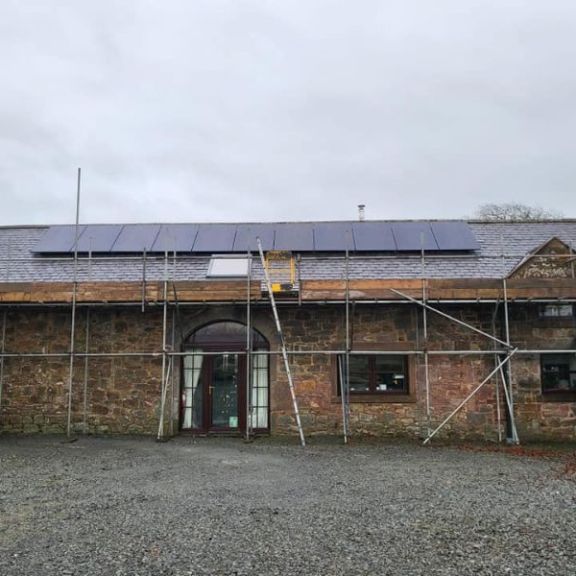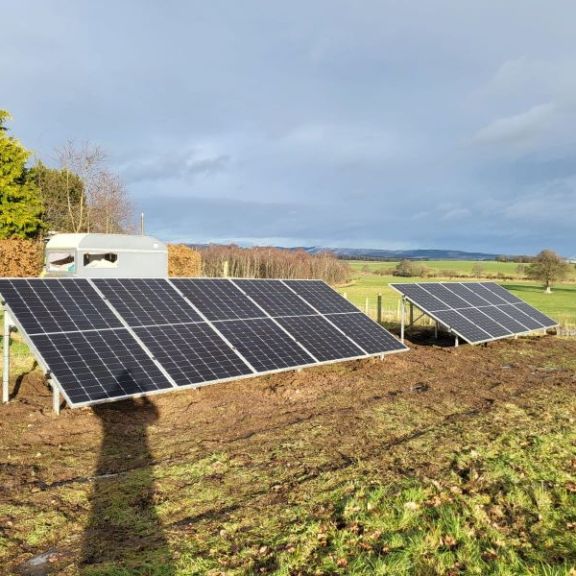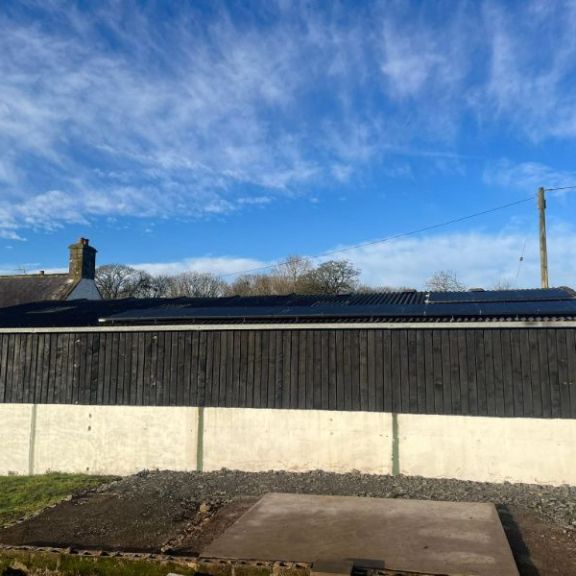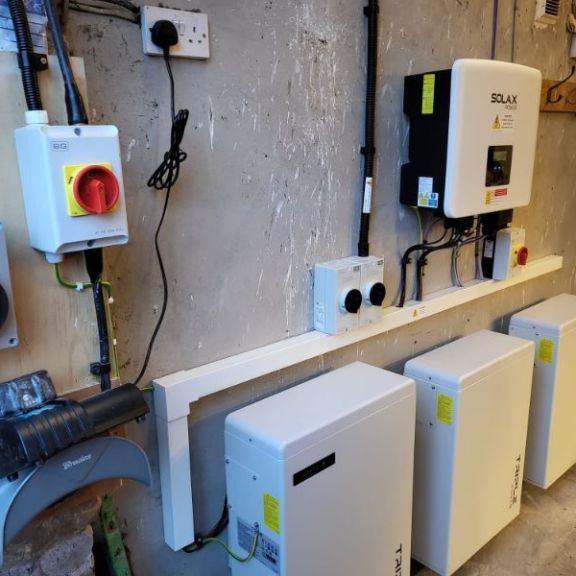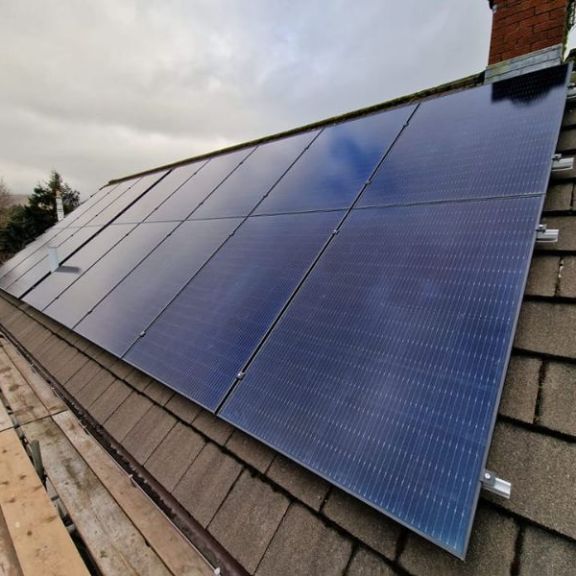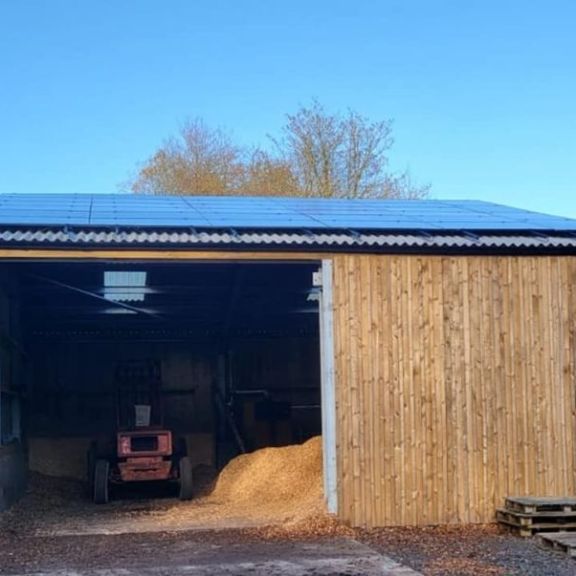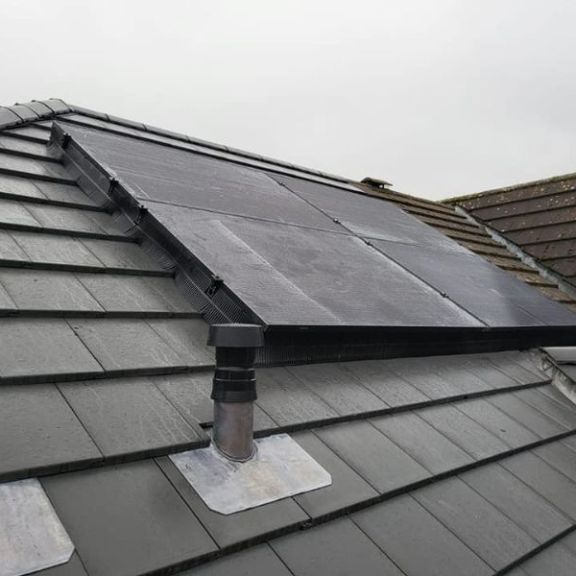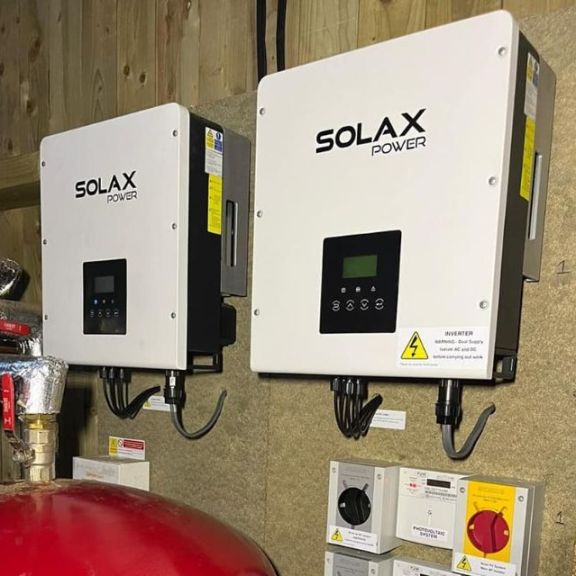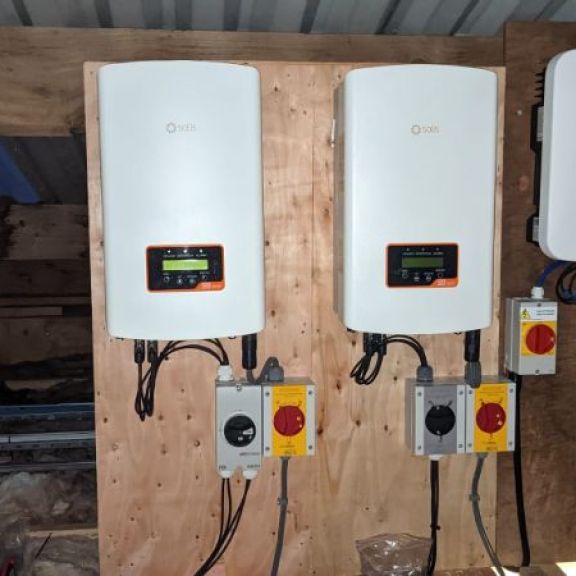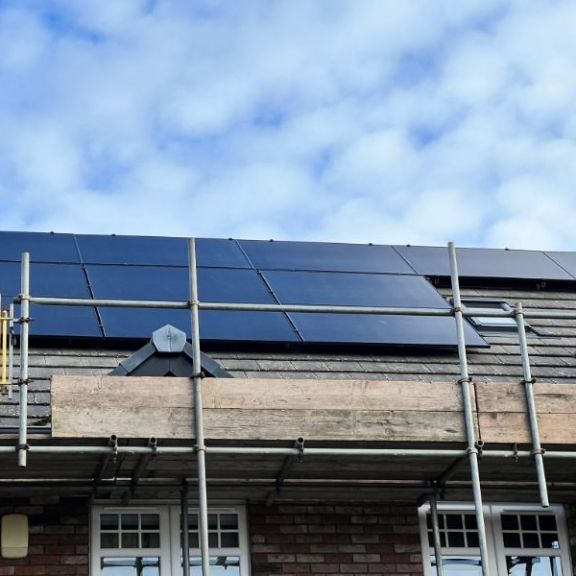Friday, 11th August 2023
In a world grappling with climate change and the urgent need for sustainable practices, the marriage of solar energy and agriculture presents a powerful solution.
The sun, our most abundant and renewable energy source, has the potential to revolutionize the way we approach farming.

Solar energy isn't just about installing panels on rooftops; it's about empowering farms to become self-sufficient, environmentally conscious, and economically viable.
In this blog, we'll explore the numerous benefits of solar energy for farms and agriculture, highlighting how this synergy can lead us towards a more sustainable future.
1. Reducing Energy Costs
Traditional farming operations require substantial amounts of energy for irrigation, machinery, and climate control.
Solar energy offers a game-changing advantage by significantly reducing energy costs.
Solar panels can be installed on open fields, unused spaces, or even on the rooftops of barns and storage buildings.

By generating their own electricity, farmers can reduce their dependence on the grid and allocate more resources to other essential aspects of their operations.
2. Increased Revenue
Farmers can tap into an additional stream of revenue by embracing solar energy.
Through a power purchase agreement (PPA) or by selling excess energy back to the grid, farmers can turn their land into productive energy assets.
This supplementary income can help stabilize farm finances, particularly during periods of fluctuating crop prices or unforeseen challenges.
3. Water Conservation
Irrigation is a lifeline for agriculture, but it's also a resource-intensive practice.
Solar-powered irrigation systems offer a sustainable solution by utilizing the sun's energy to pump water.
This reduces the reliance on fossil fuels while ensuring efficient water use. In regions facing water scarcity, solar-powered irrigation can be a game-changer, allowing farmers to grow crops more sustainably.

4. Environmental Impact
Conventional farming methods often come with a heavy carbon footprint due to fossil fuel consumption.
By embracing solar energy, farms can significantly reduce their greenhouse gas emissions.
This shift towards renewable energy contributes to mitigating climate change and preserving the environment for future generations.
5. Grid Independence and Resilience
Remote or rural farms often face challenges in accessing a reliable power grid.
Solar energy provides these farms with the means to operate independently.
By installing a combination of solar panels and energy storage systems, farms can secure a consistent power supply, even in the face of grid disruptions.
This resilience is crucial for maintaining operations and safeguarding valuable crops and livestock.
6. Technological Innovation
Integrating solar energy with agriculture opens doors to innovative technologies.
Advanced sensors, drones, and data analytics can be powered by solar energy, enabling precision agriculture.
This data-driven approach enhances crop management, minimizes resource wastage, and maximizes yields.
7. Land Utilization
Solar installations don't necessarily compete with agricultural land; they can be strategically placed on less productive areas, such as the edges of fields or atop buildings.
This dual-use approach optimizes land utilization and demonstrates the compatibility of sustainable energy and food production.

8. Positive Public Image and Education
Farms that adopt solar energy practices stand out as responsible stewards of the environment.
This commitment to sustainability enhances the farm's public image, appealing to consumers who prioritize eco-friendly products.
Furthermore, solar-powered farms can serve as educational hubs, showcasing the benefits of renewable energy to the local community.
Conclusion....
The alliance between solar energy and agriculture signifies a promising future for sustainable farming practices.
By embracing solar power, farms can lower operational costs, increase revenue streams, reduce their carbon footprint, and contribute to overall environmental well-being.
As technology continues to advance, the potential synergies between solar energy and agriculture are boundless, offering a beacon of hope for a resilient and thriving agricultural sector in the face of global challenges.
If you are a farm owner and want to learn just how much you could save, get in touch today.


